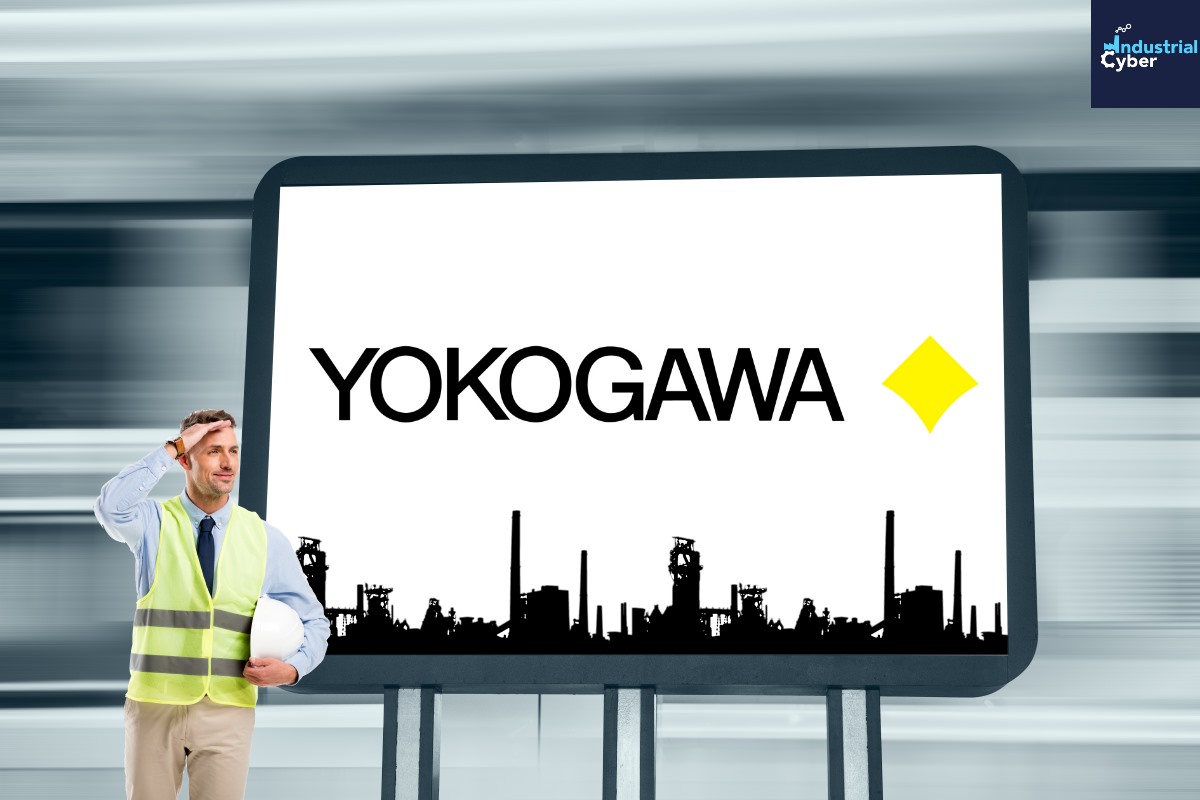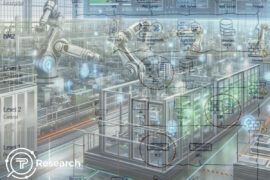Yokogawa survey reveals two-thirds of process industry vendors expecting fully autonomous operations by 2030

Yokogawa Electric disclosed the results of a survey which found that a majority of respondents from companies in process industries anticipated fully autonomous operations by 2030. The shift comes as OT and IT professionals are looking at ways to increase productivity through autonomous operations, in the wake of the raging COVID-19 pandemic.
In its global end-user survey, titled ‘The Outlook for the Shift to Industrial Autonomy,’ Yokogawa revealed that new digital technologies are revolutionizing the way plants operate, as robots, quantum computing, digital twins and artificial intelligence (AI) are increasingly deployed in the sector. They are facilitating a shift whereby physical tasks and decision-making processes are being made more autonomous with the aim of improving productivity and worker safety, according to the industrial automation company.
Digital twin is typically defined as an evolving digital profile of the historical and current behavior of a physical object or process that helps optimize business performance.
The survey was carried out on behalf of Yokogawa by independent analyst and consultancy firm Omdia between June and July this year, and polled 500 decision-makers from the process industries, who gave their view of future trends in automation and autonomy, business objectives they are targeting, and technologies they are implementing to meet those objectives.
The purpose of the survey was to validate assumptions and quantify insights with 17 questions on topics ranging from investment in autonomy and the levels of autonomy through to the technologies being used and the impact of the COVID-19 pandemic, Yokogawa said.
“From this research study, we have confirmed our perception that the shift from industrial automation to industrial autonomy, which we call IA2IA, is going to gain momentum over the next decade,” said Tsuyoshi Abe, senior vice president and head of marketing headquarters at Yokogawa, in a press statement. “As COVID-19 will accelerate this trend, and companies’ interest in introducing related technologies continues to be strong, Yokogawa can support customers in strengthening their competitiveness step by step based upon our roadmap to autonomous operations.”
Sixty-four percent of respondents stated that they expect to reach autonomous operations in their primary operations by 2030, according to the Tokyo-based company. 89 percent said their companies currently have plans to increase the level of autonomy in their operations, while 79 percent of companies have implemented or are piloting remote operations. Regarding their current status, 64 percent said that they are conducting or are piloting semi-autonomous or autonomous operations, while 67 percent expect significant automation of most decision-making processes in plant operations by 2023, Yokogawa added.
Industrial autonomy affects both decision-making processes and physical tasks, and will require a range of emerging technologies. 42 percent of respondents are making significant investments in AI over the next three years, while 40 percent are doing the same for intelligent sensors and devices, Yokogawa said. 29 percent of the respondents are making significant investments in quantum computing.
The Yokogawa survey revealed regional differences in investment in the push to industrial autonomy, with Asia-Pacific most engaged in the shift. The survey found that the proportion of companies in Asia-Pacific that are prioritizing investment in autonomous systems for operations is 18 percent to 27 percent higher than other regions. This is a key statistic and shows that funding is being directed into autonomous operations in the region.
Seventy-one percent of respondents in Asia-Pacific felt that they would attain fully autonomous operations in ten years’ time, compared to 58 percent in North America and 56 percent in Western Europe, Yokogawa said.
COVID-19 has put the brakes on economic growth in 2020 but has proven to be the catalyst for the medium- to long-term growth of industrial autonomy. From its impact on the economy to the move toward unmanned systems and the renewed emphasis on worker safety, the COVID-19 pandemic is set to reshape plants, Yokogawa said. 54 percent of respondents expect to increase their autonomy investment over the next three years as a direct result of COVID-19.
The business objectives that industrial autonomy are targeting is getting value for money from their digital transformation initiatives. From reducing downtime to improved quality management and regulatory compliance, companies have a number of business objectives they are targeting when they push for greater autonomy through digital transformation.
The new technologies are also helping the process industry tackle the issue of an aging workforce, as they bridge the gap to the next generation of engineers. The management of applications through autonomous operations can offset the shortage of skilled labor brought on by the retirement of highly experienced personnel, a key challenge for the process industries, Yokogawa said. A host of relatively new technologies are seeing increased investment, from digital twins that allow ‘What if’ scenarios to be tested virtually, to AI software that can make decisions without human involvement.
In January, Yokogawa Electric announced that its control system development organization had obtained ISASecure SDLA (Security Development Lifecycle Assurance) version 2.0.0 certification from the ISA Security Compliance Institute (ISCI).
The certification guarantees that the development lifecycle processes of the suppliers for control system products meet the security requirements.









